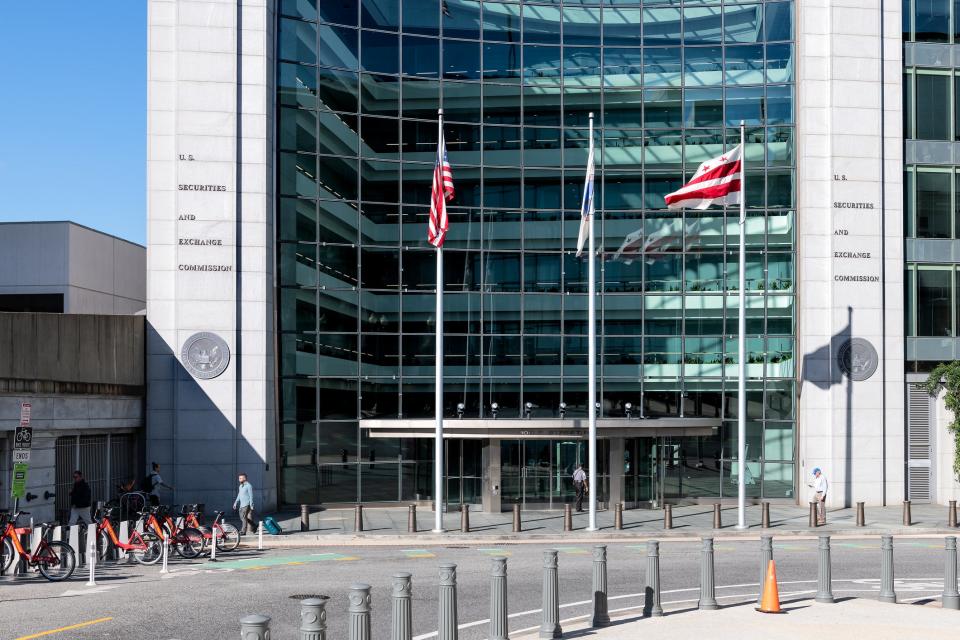US regulators file charges against man accused of defrauding investors over crypto and Covid testing

A Florida man was charged by the US Securities and Exchange Commission with defrauding investors over cryptocurrency and an app he claimed could detect Covid-19.
The SEC accused Aron Govil of misappropriating more than $7m in investor funds in his company, Cemtrex, between April 2016 and January 2018.
Officials say that he used the money to finance his personal business ventures and to pay personal expenses.
The SEC says that Govil also made “material misrepresentations” to investors in his other company, Telidyne, which he claimed allowed users to do transactions using cryptocurrency.
Authorities also say he had told investors that the company had begun work on an app to detect the coronavirus, which the SEC says is false.
“On 6 April, 2020, Govil knowingly, or with reckless disregard, directed Telidyne to issue a false press release entitled ‘Telidyne Announces New Mobile App for Detection of Coronavirus and Other Infectious Diseases,’” stated the SEC’s court filing in Manhattan’s US District Court.
“The press release stated that the company had ‘started work on developing a new mobile app to be available globally on both iPhone and Android platforms that would allow easy detection of coronavirus (Covid-19) or other similar infectious diseases among global population.’
“It further projected that it expected ‘to have a Beta version ready in 2 to 3 months.’
“In fact, at the time of the press release, Telidyne had not started to develop any such app and had no prospect of having a version of the app available in the stated timeframe.”
The SEC also says that Mr Govil “flooded the market with paid-for buy recommendations” for Cemtrex stock.
Mr Govil, who is from Jacksonville, was charged with violations of antifraud provisions of the federal securities law as well as violations of sections of the Securities Exchange Act.
He has agreed to pay a $1.2m settlement, without admitting or denying the financial regulator’s allegations, according to an SEC statement.
“Investors should be wary of online recommendations from unverified sources that appear to capitalize on the latest market trends and seem too good to be true,” said Richard Best, Director of the SEC’s New York Regional Office.
